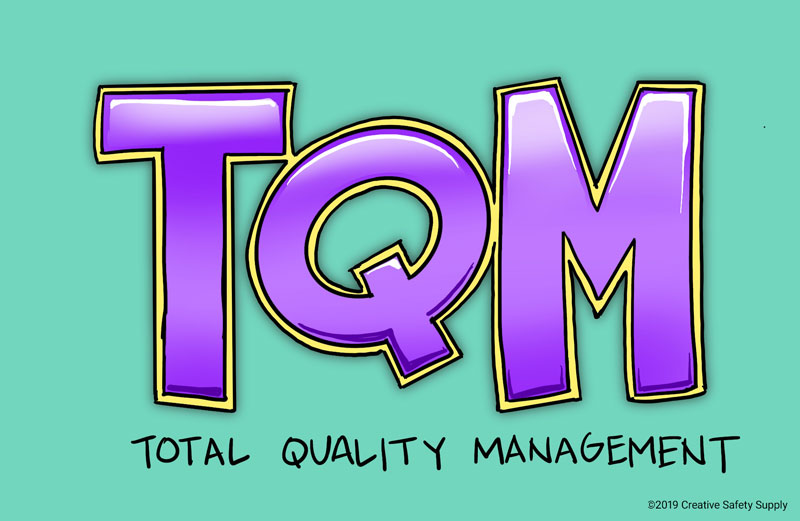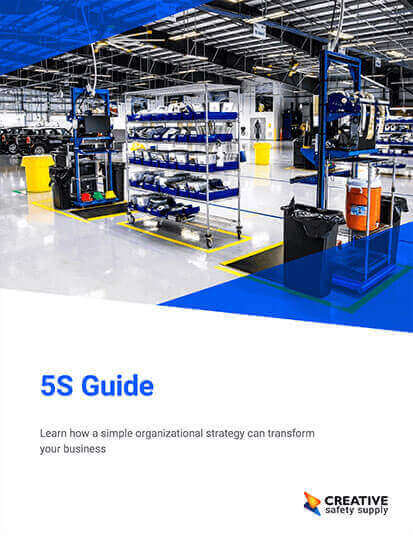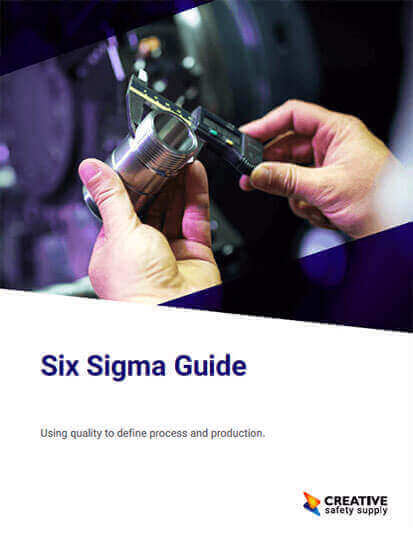
Total Quality Management (abbreviated as TQM) is a manufacturing management concept similar to the Six Sigma methodology and Lean. TQM was developed in the 1970s and gained popularity in the 1980s in Western countries who now needed to compete with Japan’s economy was improving quickly as they were able to manufacture quality goods at a competitive cost.
The management philosophy of TQM encompasses a culture of quality in all aspects of operation, aiming to eliminate defects and reducing wastes in production. Whether it’s the engineering team or the accounting department, TQM relies on a business-wide mindset of focusing on meeting the customer’s needs and organizational objectives.

TQM Concepts
While there is no definitive consensus on what exactly TQM is, a general understanding can be formed based on a few key TQM concepts:
- The customers’ requirements define what ‘quality’ is.
- A continuous improvement of work processes will increase quality.
- Improving quality is seen as a continuous effort and should be conducted throughout the organization.
Additionally, TQM seeks to find success through customer satisfaction. It relies on commitment from senior management as well as all employees, reducing cycle times, shifting to a JIT production system, empowering employees, and creating systems to facilitate improvement. When all elements are operating under TQM, the end result will be a quality product.
TQM is comprised of strategies and principles seen in the Toyota Production System and Lean manufacturing, like the central idea of continuous improvement. For instance, companies practicing TQM often used the PDCA cycle as a problem-solving technique and cross-functional teams (similar to quality control circles) were responsible for addressing issues. TQM is also often compared to Six Sigma; TQM aims to limit errors to 1 per million units produced by ensuring conformance to internal requirements, whereas Six Sigma does this by focusing on reducing the number of defects and impurities to improve quality.
The TQM concept hit peak popularity in the 1990s being overshadowed by Lean and Six Sigma, but many of the TQM practices and principles can still be seen in many businesses.


